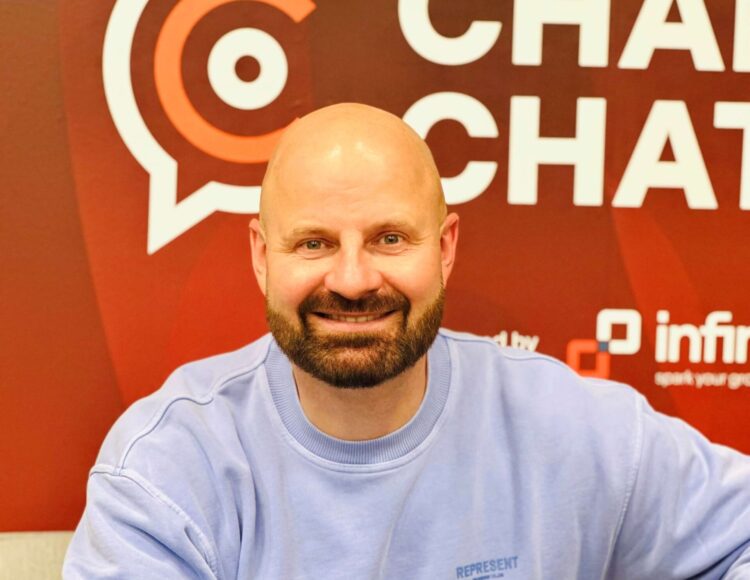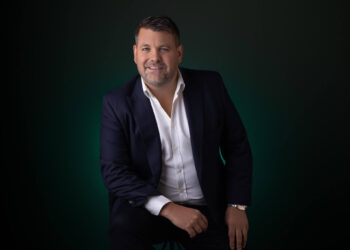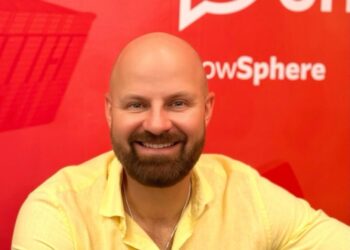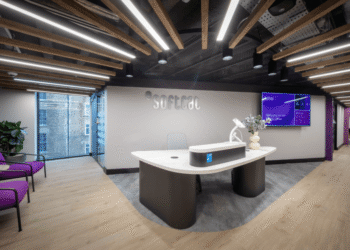Last night, we launched the Recruitment Advisory Board (RAB) at LinkedIn HQ. It’s an idea that’s been in the works for a while, namely to bring senior leaders from across the channel together to have real conversations about recruitment.
Our first panel was made up of Elisha Kirkham (Softcat), Dan Dale (Tenable), Mark Coyne (Bytes), and James Riley (Immersive).
Here are my key takeaways and some of the comments that stuck with me:
1. The talent pool is tight and candidate expectations are higher than ever
- Elisha kicked things off with a powerful line: “It’s the most candidate-driven market I’ve seen in 12 years.” From shifting generational expectations to a shortage of skilled candidates, this isn’t about hiring faster, it’s about hiring smarter. For scale-ups like Immersive, James described the challenge perfectly: “We’re not just looking for salespeople, we need storytellers. Solution sellers. People who can bring tech to life.”
2. Standing out means going back to basics and doing them better
- A recurring theme throughout the night: don’t get complacent. Elisha reminded us that “how you connect with the candidate is crucial,” and that authenticity wins.
- Mark made a good point too, when your company’s had five years of double-digit growth, that story tells itself. But even then, it’s about making sure every interaction feels meaningful.
3. Culture can’t just be words
- One of my favourite lines came from James: “We don’t want to be the best sales team, we want to be the best team.” At Immersive, that means engineers who speak up, not just code.
- For Softcat, where salaries might not always compete, the focus is on being real, honest, and offering a long-term career path. And for Mark from Bytes, It’s about being upfront when someone’s not a culture fit, even if it would be an “easy placement.”
4. Referrals are gold, but not without risk
- Referrals remain the safest hire, but as several panellists pointed out, they can limit team diversity. The best recruiters know when to lean on networks and when to push beyond them.
5. Ghosting damages the brand, no excuses
- I think everybody in the room acknowledged that if a candidate interviews with you, they deserve a response.
- Yes, early-stage applications might warrant a generic email. But if there’s been human interaction you owe them something personal. And for Mark at Bytes, candidate feedback even feeds into bonus structures, a sign of how seriously this is being taken.
6. AI should free you up, not replace you
- There’s growing use of tools like Gemini and Copilot from all the panellists and most of the audience I was speaking to. Assisting with summarising interviews, ensuring there is consistency, to reducing admin. But the panel was clear: don’t lose the human touch.
- As Dan put it, “AI will let the cream rise to the top,” but true recruitment partners are irreplaceable.
- And I loved James’ point: “AI can’t be objective, subjective, or funny.” It’s a tool, just like LinkedIn.
7. LinkedIn is still your best asset but underused
This was a big one.
- 80% of Bytes’ hires come from LinkedIn
- Softcat built out “Life Pages” and saw a huge jump in candidate engagement
- Immersive are focused on building community and reaching passive talent
8. TA and agencies aren’t in competition, they’re on the same side
- This got nods all round. The best internal teams know when to partner, and the best agencies bring market data, reach, and honesty.
- One line stood out to me: “Don’t patronise your recruiters. Work in partnership. It’s not a competition.”
9. Retention starts before day one
- Some brilliant insight from James again “Every time we hire externally, I ask, is there someone internally who can do this role?”
- Internal mobility only works if people know how to apply, if hiring managers are bought in, and if the process mirrors external hiring. As Dan said, “No gifts, internal candidates should still have to earn the job.”
10. Diversity needs structure, not just intent
- Whether it’s early careers, underrepresented groups, or untapped potential, the panel agreed: diversity is still full of gaps.
- It’s not just about gender. It’s about building inclusive teams, spotting hidden talent, and committing to long-term change even if the results aren’t instant.
Final thoughts
The best part of the night? Being surrounded by people who genuinely love recruitment. People who believe it adds value, and who want to push the industry forward.
This was just the start of which I hope becomes a regular forum where we keep asking the tough questions, sharing what’s working (and what’s not), and raising the bar together for the whole channel.














